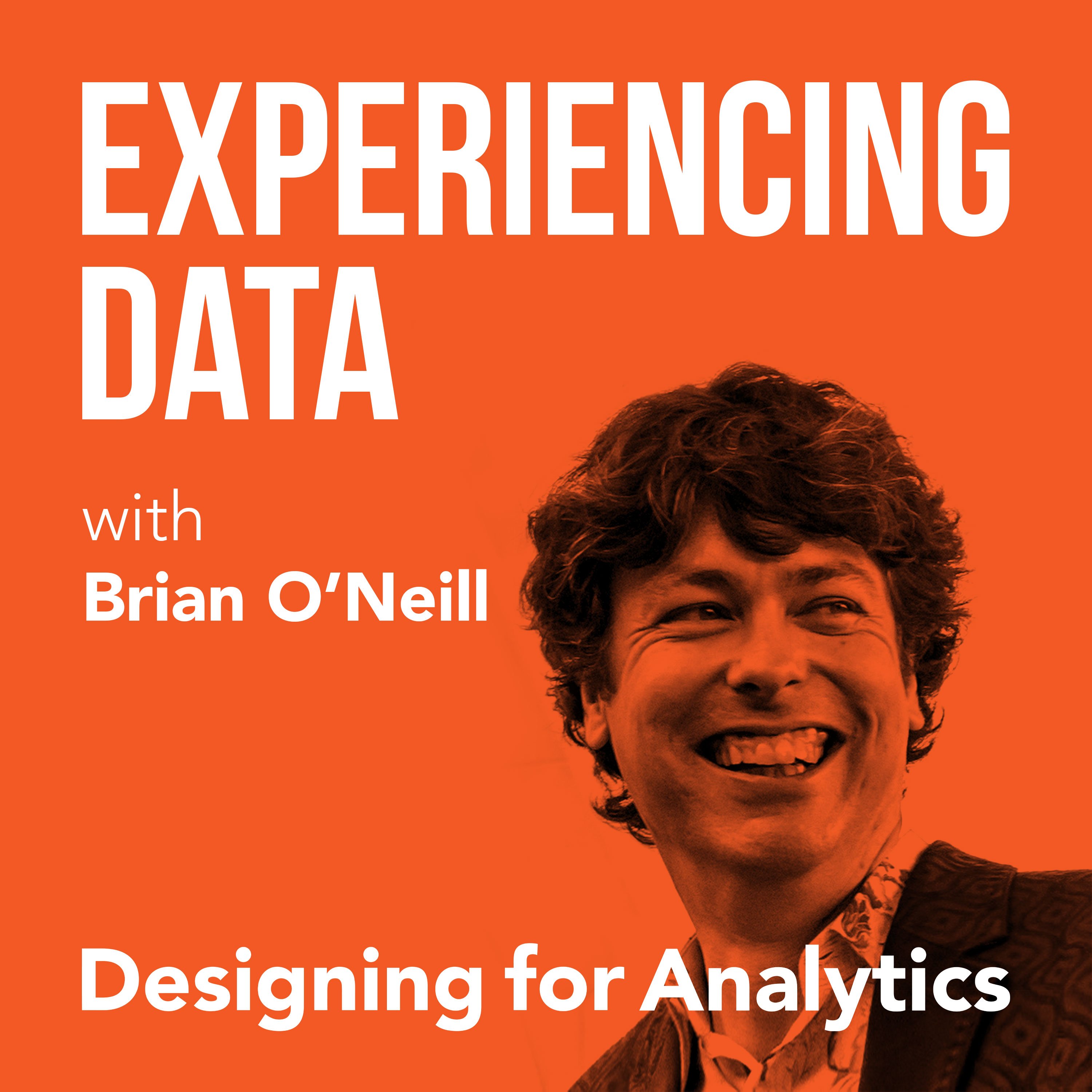157 - How this materials science SAAS company brings PM+UX+data science together to help materials scientists accelerate R&D
Description
R&D for materials-based products can be expensive, because improving a product’s materials takes a lot of experimentation that historically has been slow to execute. In traditional labs, you might change one variable, re-run your experiment, and see if the data shows improvements in your desired attributes (e.g. strength, shininess, texture/feel, power retention, temperature, stability, etc.). However, today, there is a way to leverage machine learning and AI to reduce the number of experiments a material scientist needs to run to gain the improvements they seek. Materials scientists spend a lot of time in the lab—away from a computer screen—so how do you design a desirable informatics SAAS that actually works, and fits into the workflow of these end users?
As the Chief Product Officer at MaterialsZone, Ori Yudilevich came on Experiencing Data with me to talk about this challenge and how his PM, UX, and data science teams work together to produce a SAAS product that makes the benefits of materials informatics so valuable that materials scientists depend on their solution to be time and cost-efficient with their R&D efforts.
We covered:
(0:45) Explaining what Ori does at MaterialZone and who their product serves
(2:28) How Ori and his team help make material science testing more efficient through their SAAS product
(9:37) How they design a UX that can work across various scientific domains
(14:08) How “doing product” at MaterialsZone matured over the past five years
(17:01) Explaining the "Wizard of Oz" product development technique
(21:09) The importance of integrating UX designers into the "Wizard of Oz"
(23:52) The challenges MaterialZone faces when trying to get users to adopt to their product
(32:42) Advice Ori would've given himself five years ago
(33:53) Where you can find more from MaterialsZone and Ori
Quotes from Today’s Episode
“The fascinating thing about materials science is that you have this variety of domains, but all of these things follow the same process. One of the problems [consumer goods companies] face is that they have to do lengthy testing of their products. This is something you can use machine learning to shorten. [Product research] is an iterative process that typically takes a long time. Using your data effectively and using machine learning to predict what can happen, what’s better to try out, and what will reduce costs can accelerate time to market.” - Ori Yudilevich (3:47)
“The difference [in time spent testing a product] can be up to 70% [i.e. you can run 70% fewer experiments using ML.] That [also] means 70% less resources you’re using. Under the ‘old system’ of trial and error, you were just trying out a lot of things. The human mind cannot process a large number of parameters at once, so [a materials scientist] would just start playing only with [one parameter at a time]. You’ll have many experiments where you just try to optimize [for] one parameter, but then you might have 20, 30, or 100 more [to test]. Using machine learning, you can change a lot of parameters at once. The model can learn what has the most effect, what has a positive effect, and what has a negative effect. The differences can be really huge.” - Ori Yudilevich (5:50)
“Once you go deeper into a use case, you see that there are a lot of differences. The types of raw materials, the data structure, the quantity of data, etc. For example, with batteries, you have lots of data because you can test hundreds all at once. Whereas with something like ceramics, you don’t try so many [experiments]. You just can’t. It’s much slower. You can’t do so many [experiments] in parallel. You have much less data. Your models are different, and your data structure is different. But there’s also quite a lot of commonality because you’re storing the data. In the end, you have each domain, some raw materials, formulations, tests that you’re doing, and different sta
More Episodes
Jeremy Forman joins us to open up about the hurdles– and successes that come with building data products for pharmaceutical companies. Although he’s new to Pfizer, Jeremy has years of experience leading data teams at organizations like Seagen and the Bill and Melinda Gates Foundation. He...
Published 11/14/24
Published 11/14/24
The relationship between AI and ethics is both developing and delicate. On one hand, the GenAI advancements to date are impressive. On the other, extreme care needs to be taken as this tech continues to quickly become more commonplace in our lives. In today’s episode, Ovetta Sampson and I examine...
Published 10/29/24


